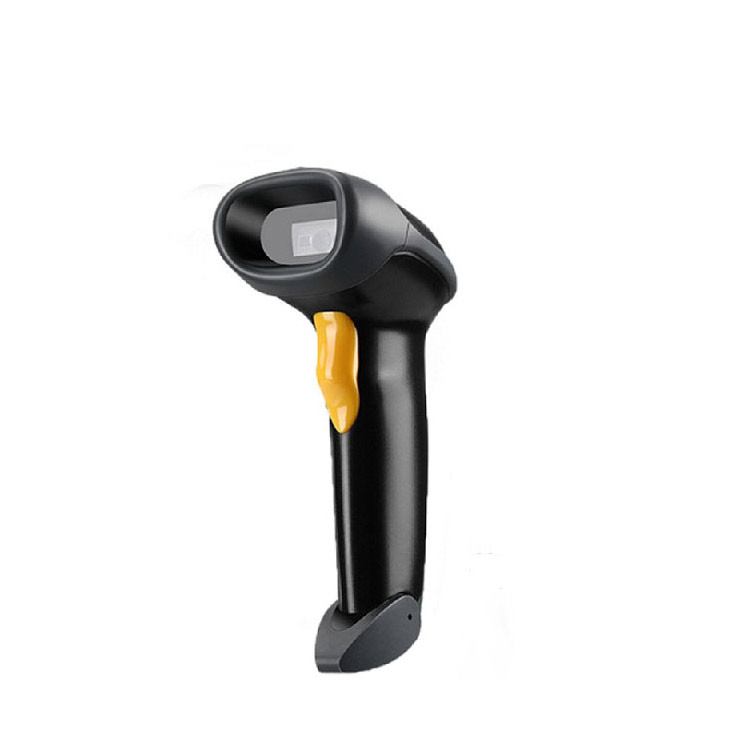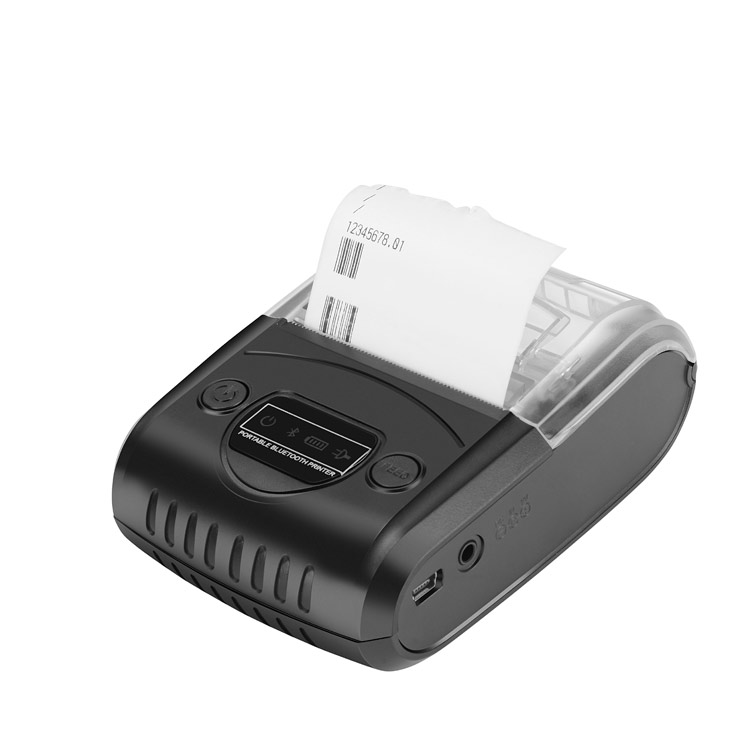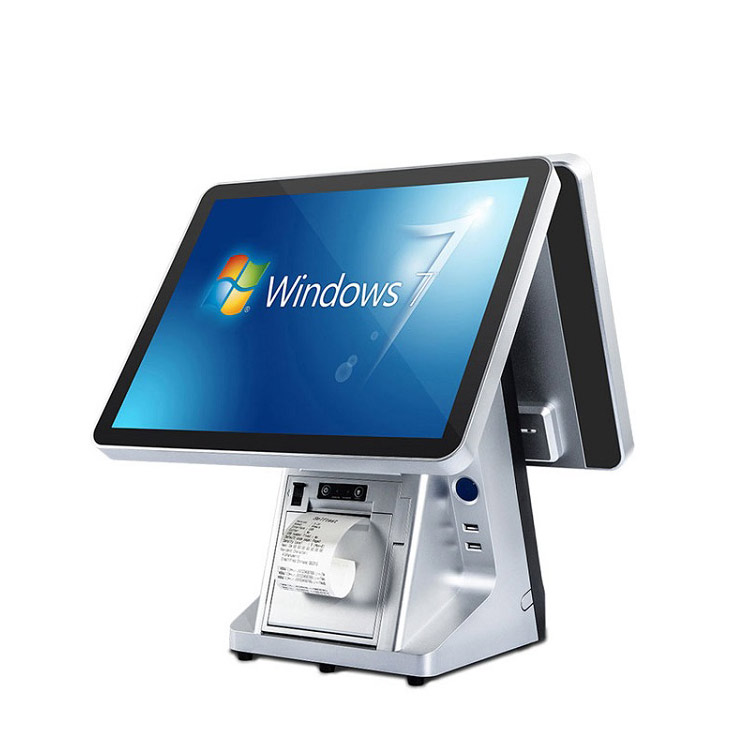You're probably already familiar with POS hardware, even if you don’t realize it. The cash register at your local convenience store is POS hardware, as is the iPad-mounted mobile card reader at your favorite restaurant.
When it comes to purchasing POS hardware, most businesses will need a POS terminal, credit card reader and maybe a cash drawer, a barcode scanner and a receipt printer — all of which can add up to a significant business investment. And because so many options are available, it's often challenging for small-business owners to figure out which products are truly a good value. Here's what you need to know to make the best choice for your business.
What to look for
When shopping for POS hardware, there are a variety of factors to keep in mind to ensure you get something that makes sense for your business.
1.Compatibility
1.1 POS hardware works in conjunction with POS systems to allow your business to run transactions. But POS hardware does not work with all POS software.
1.2 Typically, POS companies make software that is only compatible with certain types of hardware. Lightspeed, for example, can only work on iOS devices.
1.3 When shopping around for hardware, make sure you learn the kind of software it can integrate with. Your POS provider will normally sell all the hardware that is compatible with their POS software, but if you decide to buy from third-party vendors, you may run into some issues.
2.Price
2.1 Depending on what your business needs, you can acquire POS hardware for free or pay as much as several thousand dollars.
For example, a merchant that wants to sell products off their e-commerce website at a live event can sign up for Square and receive a free mobile card reader.
Conversely, a merchant who owns a brick-and-mortar clothing store will likely need to buy a countertop terminal, barcode scanner, receipt printer and cash drawer — all of which can cost a lot of money depending on the provider.
2.2 Another thing to keep in mind when buying POS hardware is the cost you will pay for a hardware bundle.
For example, the aforementioned brick-and-mortar clothing store owner may be able to buy a retail POS system from their POS provider at a discounted price than what they would have paid to purchase each product individually.
2.3 On the other hand, sometimes it’s cheaper to buy your POS hardware from a third-party vendor — as long as it is compatible with your software. The only way to find the best deal on POS hardware is to do your research. See what hardware your POS provider offers and then see if you can find other compatible hardware for cheaper on Amazon or eBay.
3.Usability
3.1 You’re going to be using your POS hardware a lot, so you need to find something that is easy to use and responsive to the needs of your business. For example, if you sell your wares primarily from events, pop-up shops or conventions, it might make sense to use a POS system that is cloud-based so you never risk losing your data. Other things to consider are if the POS system can operate offline, the kind of Wi-Fi router the POS software needs to operate and the durability of the hardware (make sure your hardware comes with a warranty).
3.2 Many POS providers offer a money-back guarantee on their POS hardware products — so you should feel empowered to try out their hardware risk-free. Also check to see what level of support they offer (ideally you want free 24/7 support). Some POS providers also offer on-site installation and training on how to use their products.
Last, make sure the POS hardware fulfills the needs of your business. For example, if you operate a restaurant, you need a kitchen printer. Make sure your POS provider either offers one or integrates with popular kitchen printer brands.
For more detail information, welcome to contact us!Email:admin@minj.cn
If You Are in Business, You May Like
Recommend Reading
Post time: Oct-27-2022





